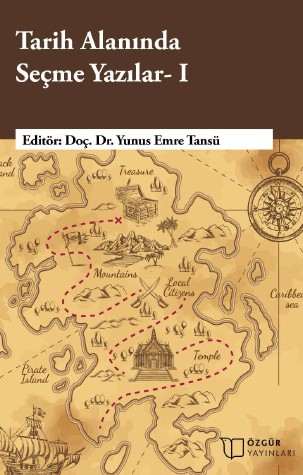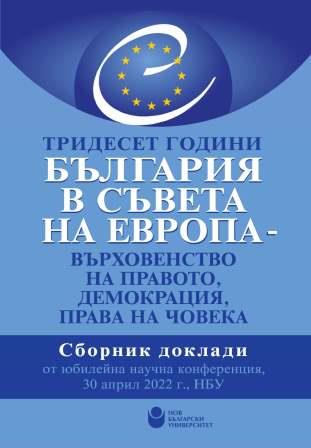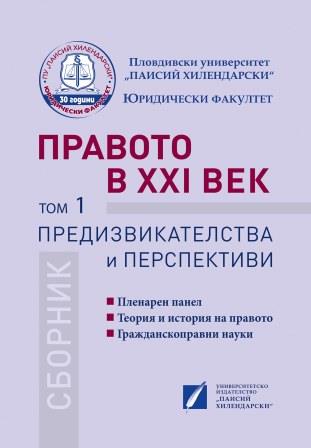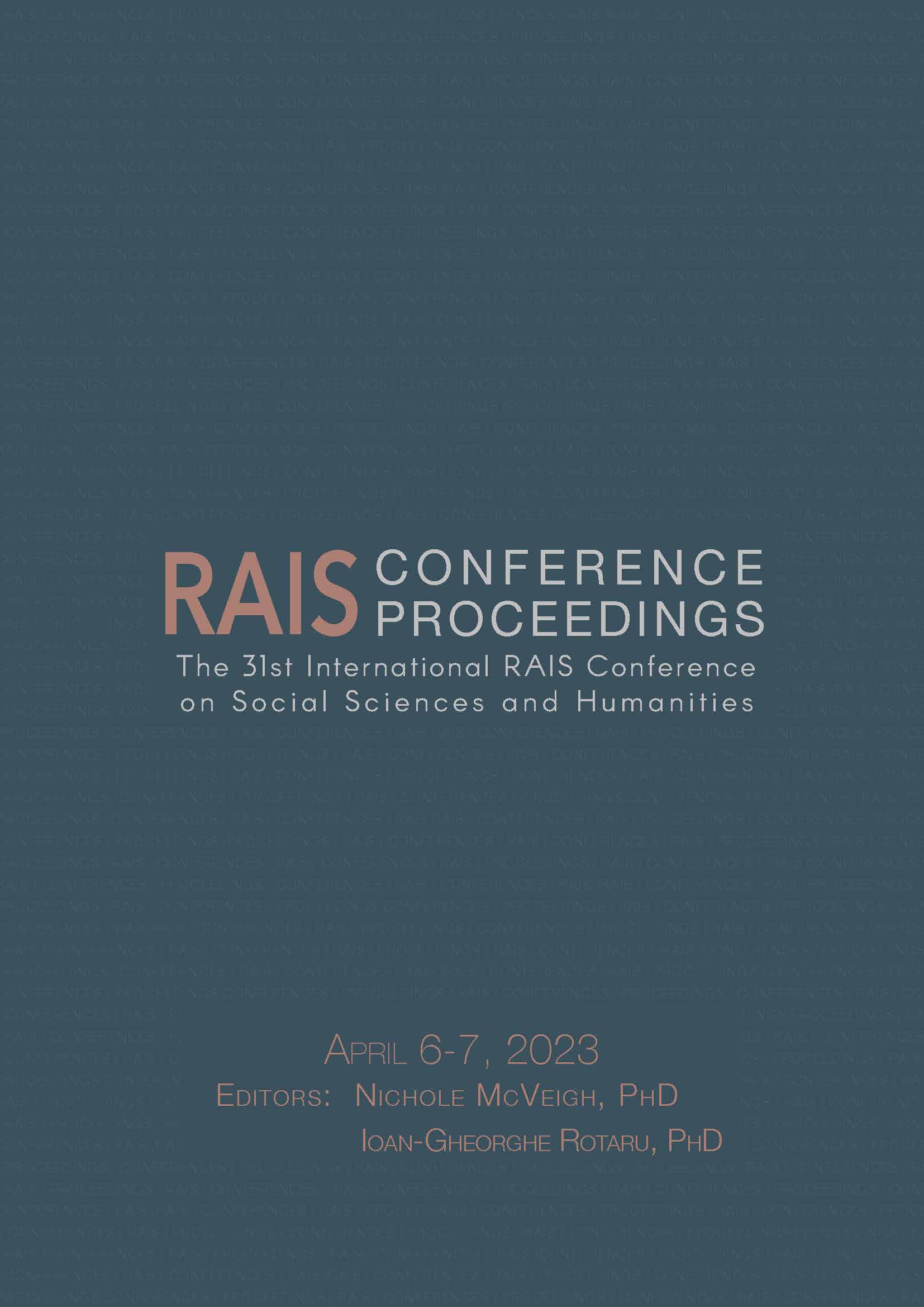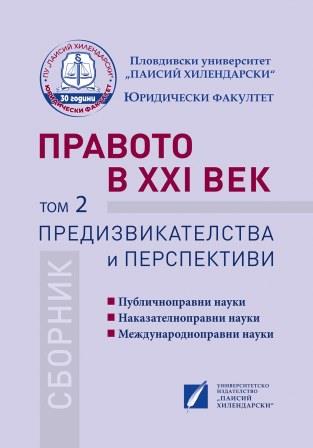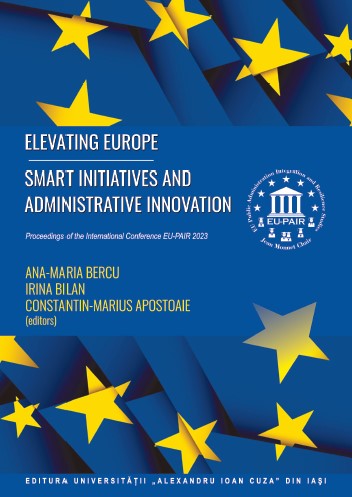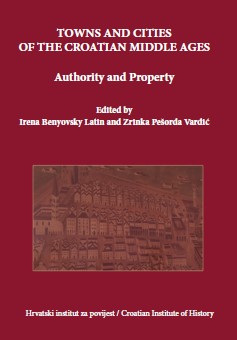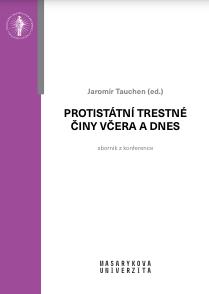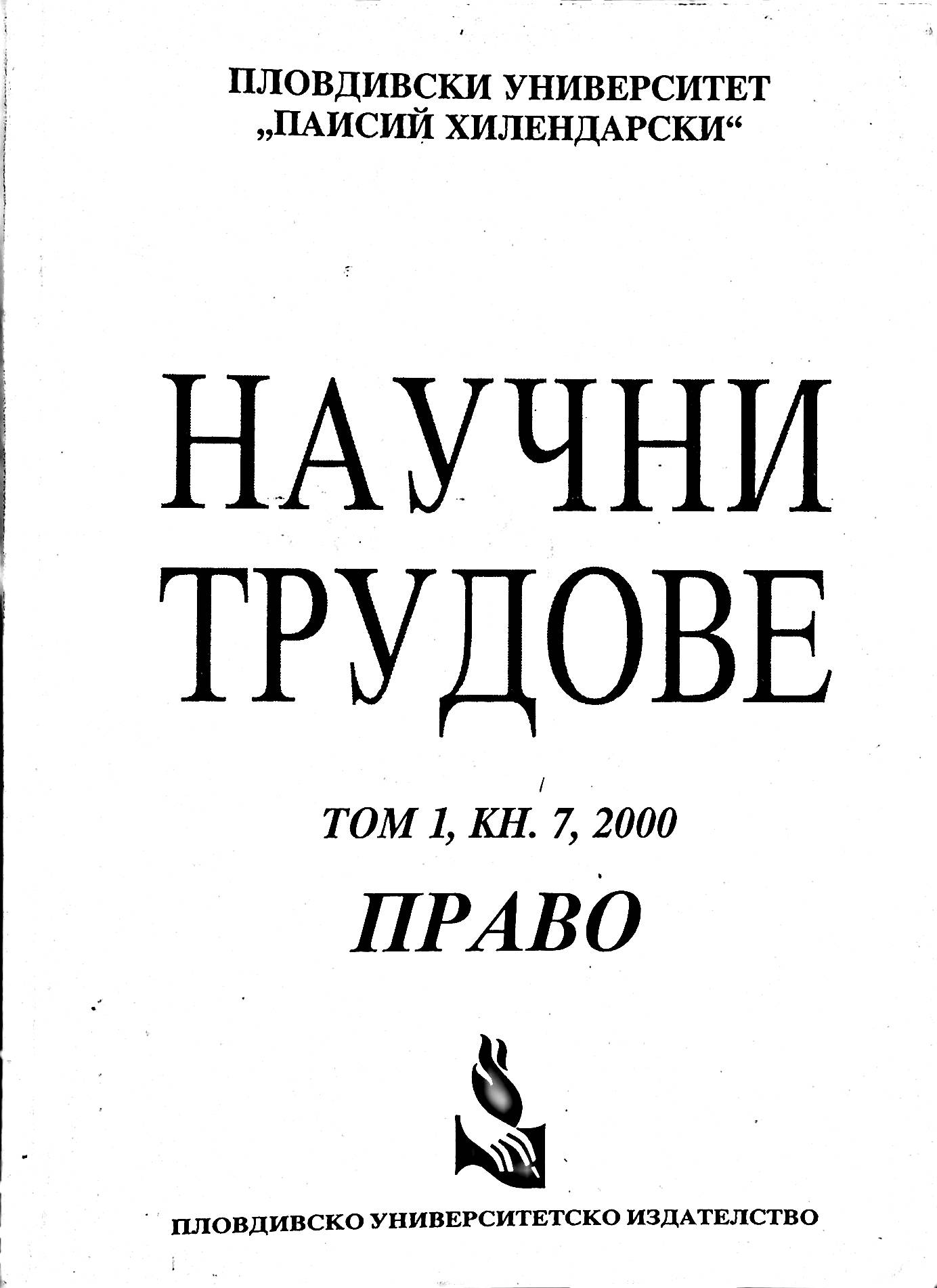
Правни проблеми при трансплантация и органодонорство
This paper sheds light on one of the methods for treating patients with organ failure – transplantation. Reference is made to the history and the first attempt at transplantation is also discussed. The legal issues related establishing brain death, giving consent for organ donation from a person in a state of brain death, and those related to giving consent for organ donation from a living donor are touched upon. In conclusion, the legal aspects in various branches of law related to transplantation and organ donation are also presented.
More...
